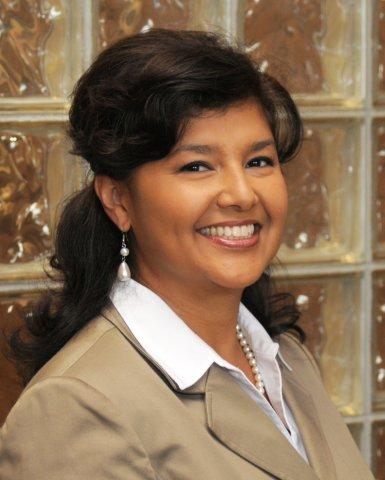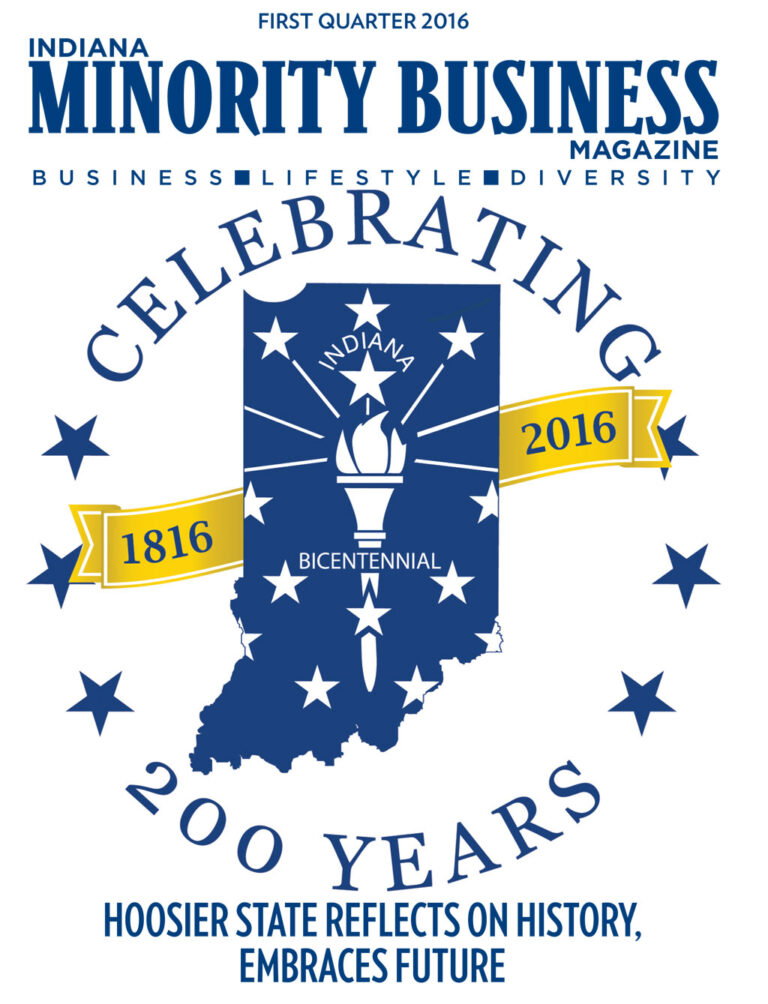How to increase employee engagement outside the traditional workplace
By Benjamin Cooley
In the world of business, phrases like “employee engagement” and “company culture” have become the new buzzwords. The workplace is no longer just a place to work; it has evolved into a space where employees expect to find community, company participation and acknowledgement. Studies show that employers have started to notice the importance of adapting to these new expectations. A 2013 report by the Harvard Business Review revealed that of 550 executives surveyed, 71 percent ranked employee engagement as “very important to achieving overall organizational success.”
But unfortunately, not many companies actually succeed in this area. The most recent Gallup poll for 2014 on the state of employee engagement showed that more than half (51.5 percent) of employees were considered “not engaged” in the workforce, with 17.5 percent of those qualifying as “actively disengaged.” So what are employees looking for from their employers? In short: variety.
Empower for service
Company volunteerism has long been known as an effective strategy for boosting employee engagement. A research brief from the Boston College Center for Corporate Citizenship explains how team volunteering as employees can help create an emotional attachment to a company, which in turn can lead to more participation in company culture. But simply mandating a volunteer day could be missing the mark. Santiago Jaramillo, CEO and founder of Fishers-based tech company Bluebridge, has seen huge success in his organization’s employee engagement by giving employees the tools to volunteer. “We want to empower employees to start groups that are employee-led, based around passions that they want to support,” Jaramillo said. “Empowering employees to make a difference in and outside the organization and encouraging them is hugely engaging.”
Make communication easy and exciting
Planning company events can be an unwelcome burden at times for upper management. But having an intuitive and fun way to communicate about upcoming events and opportunities can change the way that engagement activities are perceived. At Bluebridge, Jaramillo has found the best way to do this is by reaching employees where they spend most of their time: on mobile devices. “We send regular push notification messages through our employee app — short blurbs, what’s going on, company announcements, sharing something awesome a coworker did. Ultimately, employees want to know where the company is headed.” Whether it’s an internal employee app or a simple weekly newsletter, communication that is accessible and consistent can lead to more actively engaged employees.
Take work outside of work
Sometimes a simple change of location is all it takes to create a memorable team experience. Consider planning a “hack night” event where employees can get together in an informal setting, set creative goals and work as a team to reach big milestones. Some may even want to up the stakes with a company contest. Bryan Brenner, CEO of FirstPerson Advisors, describes connecting with employees as an ongoing task of meeting them where they are. “We believe that the employers who will win in the future are those who understand how important people are, how they are motivated and how they are unique.” For some employees, it might take a different environment to better relate to their coworkers and company.
Perks
Employee perks can be a great way to reward employees and let them know they’re valued. Company benefits are one of the main areas of focus for FirstPerson Advisors. However, Brenner and FirstPerson make it clear to each client that perks are only as good as having a solid foundation, like fair compensation, solid leadership and a reliable infrastructure. Once those are in place, this third “tier” of benefits contains the exciting perks and free stuff that employees get excited about.
“A lot of what FirstPerson does is helping employers realize what they need to do to empower people to do the things they love. It’s some of the most meaningful work we help clients with,” Brenner said.
Looking for inspiration? Here are some examples of perks that top Indiana companies are offering to employees:
Salesforce — 24-hour travel assistance
DEFENDER — online courses on wellness and financial literacy
RE/MAX Ability Plus — office bicycles for use
Eli Lilly — on-campus convenience store
Roche — dry cleaning delivery services
Chase Bank — counseling services
Appirio — pet insurance
Ontario Systems — walking clubs
Monarch Beverage Company — cooking classes
Sikich LLP — tuition reimbursement
SEP — common area with ping-pong table and games
Welcoming a new employee
Making a new employee feel welcome at their new position can set the tone for a positive employee experience. One of the easiest ways to start is by making them feel appreciated or celebrated. At FirstPerson Advisors, CEO Bryan Brenner makes an effort to acknowledge the life events of employees both new and veteran.
“We’ve developed programs for our own employees as well as other companies to celebrate people and their accomplishments,” explained Brenner. “For example, we prepare these boxes that are customized, like one called ‘Welcome Little Peeps.’ This box has a onesie and blanket and other stuff to celebrate a new baby. So we’re celebrating life events like when they get married, when they buy a house, that sort of thing.”
Welcome packages can be a great way to start a job, but new employees will also appreciate the intangibles just as much. Here are a few extra tips for making a new employee feel welcome:
— Assign them a work buddy or mentor
— Invite them to get involved in company groups
— Plan a lunch on their first day with a few coworkers
— Give them small tasks to do (besides on-boarding paperwork)
— Introduce them personally to upper management





















